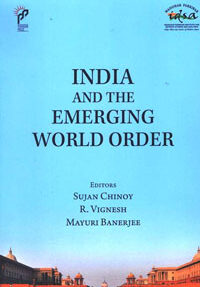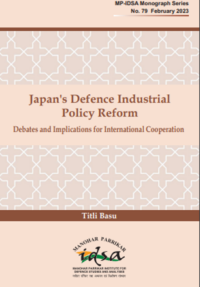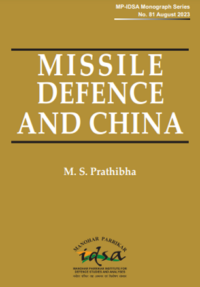The Next Security Frontier: Regional Instability and the Prospects for Sino-Indian Cooperation
This article explains how growing economic interests have made China and India more prone to various non-traditional security threats in their neighbourhood. It examines whether this evolution has led both countries to mitigate their struggle for influence in favour of security cooperation, and found that despite shared security interests, China and India are not able to overcome mutual distrust. The conclusions are that the quest for short-term gains impedes substantial security cooperation and that economic ambitions have added new impetus to the regional struggle for influence.
- Jonathan Holslag
- September 2009













